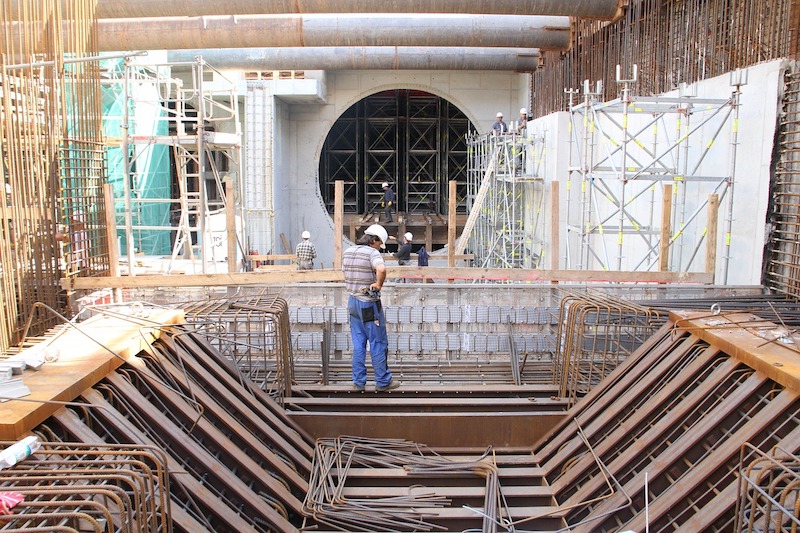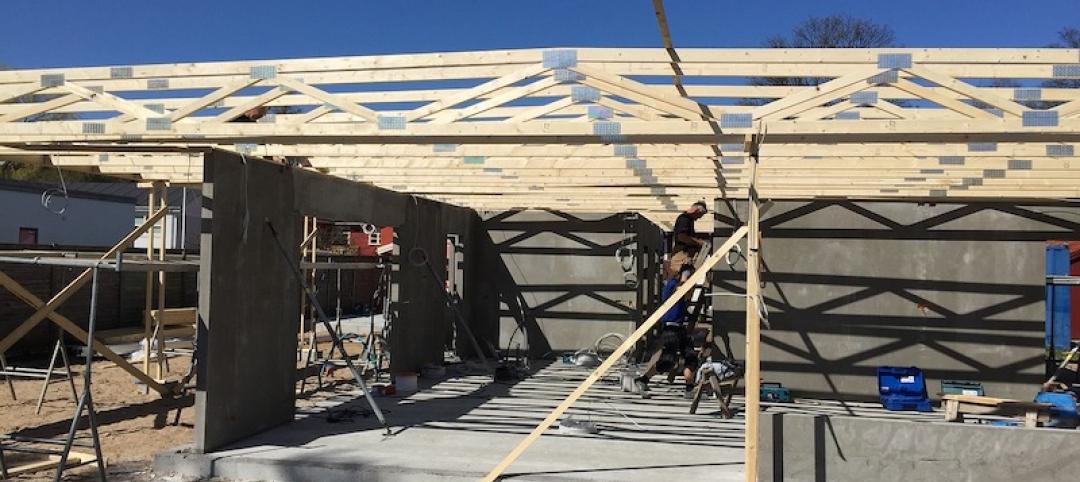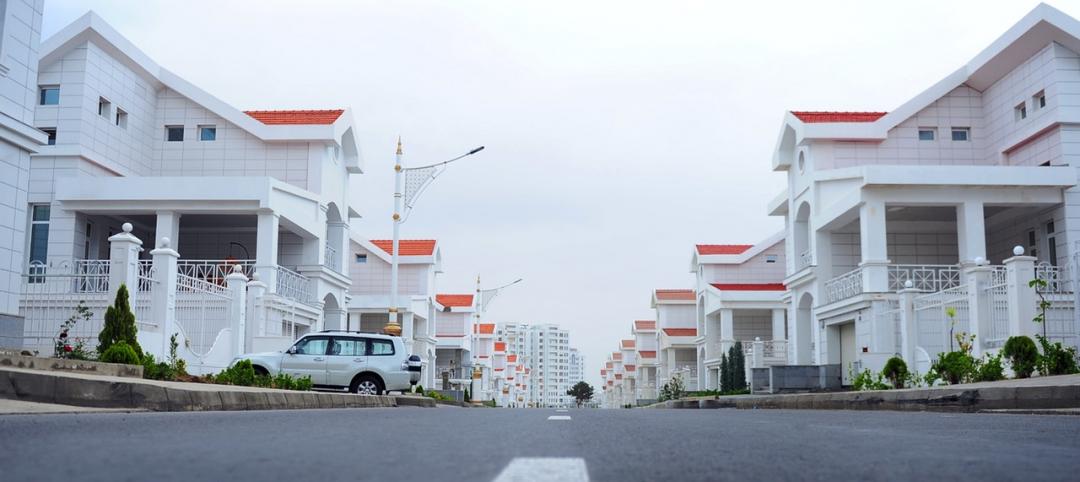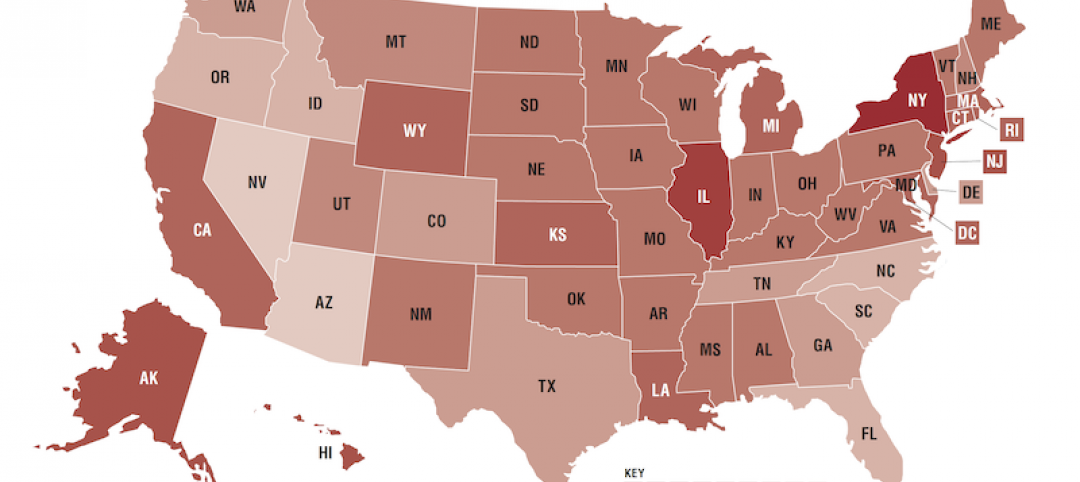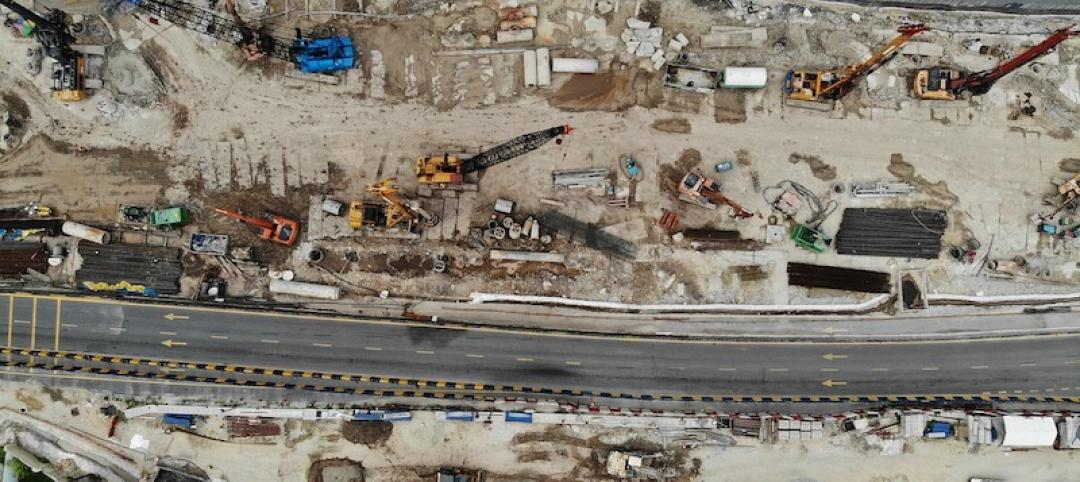Construction employment rebounded from April to May in 45 states and the District of Columbia, following the loss of nearly one million construction jobs nationwide in April, but the gains may be short-lived, according to an analysis by the Associated General Contractors of America of government data released today and a survey the association released on Thursday. Association officials urged officials in Washington to promptly enact measures to fund infrastructure projects and plug looming state and local budget deficits to avoid a “second wave” of job losses.
“The widespread uptick in construction employment in May is welcome news following a month in which industry employment shrank in all but one state,” said Ken Simonson, the association’s chief economist. “Our association’s latest survey shows many firms have been recalling or adding employees in recent weeks, thanks in part to rapid receipt of Paycheck Protection Program loans. But only about one-fifth of firms report winning new or expanded projects, while almost one-third of firms say an upcoming project has been canceled.”
Simonson noted that the association’s latest survey found that nearly one-fourth of contractors reported a project that was scheduled to start in June or later had been canceled. He added that with most states and localities starting a new fiscal year on July 1, even more public construction is likely to be canceled unless the federal government makes up for some of their lost revenue and unbudgeted expenses.
Of the 45 states with construction job gains over the month, Pennsylvania had the largest increase (77,400 jobs or 48.9%). Michigan had the largest percentage increase (51.4%, 50,500 construction jobs). Construction employment declined from April to May in five states. Hawaii lost the largest number and highest percentage of construction jobs (-700 jobs, -1.9%).
From May 2019 to May 2020, 12 states added construction jobs while 38 states and D.C lost jobs. Utah added the most construction jobs over the year (8,200 jobs, 7.6%). South Dakota—the only state to add construction jobs in April—had the largest year-over-year percentage increase (10.3%, 2,400 jobs). Both states set new highs for construction employment, in a series dating to 1990. New York lost the most construction jobs over the year (105,300 jobs, -25.9%). The largest percentage decline occurred in Vermont (-26.1%, -4,000 jobs).
Association officials cautioned that even as the immediate impacts of the coronavirus appear to be easing, the industry is just beginning to appreciate the longer-term impacts of the pandemic. They warned that without new federal recovery measures, the industry was likely to experience a second wave of job losses. They urged Congress and the Trump administration to enact liability reform, pass new infrastructure funding measures, and find a way to incentivize laid-off employees to return to work.
“The economic boost that comes with lifting economic lockdowns will not be enough to sustain long-term growth for the industry,” said Stephen E. Sandherr, the association’s chief executive officer. “Boosting infrastructure spending, protecting firms that are operating safely and encouraging people to return to work will help convert short-term gains into longer-term growth.”
View the state employment data, rankings, map and high and lows. Click here for the association’s survey results and here for a video summary of the survey responses.
Related Stories
Market Data | Nov 14, 2019
Construction input prices unchanged in October
Nonresidential construction input prices fell 0.1% for the month and are down 2.0% compared to the same time last year.
Multifamily Housing | Nov 7, 2019
Multifamily construction market remains strong heading into 2020
Fewer than one in 10 AEC firms doing multifamily work reported a decrease in proposal activity in Q3 2019, according to a PSMJ report.
Market Data | Nov 5, 2019
Construction and real estate industry deals in September 2019 total $21.7bn globally
In terms of number of deals, the sector saw a drop of 4.4% over the last 12-month average.
Market Data | Nov 4, 2019
Nonresidential construction spending rebounds slightly in September
Private nonresidential spending fell 0.3% on a monthly basis and is down 5.7% compared to the same time last year.
Market Data | Nov 1, 2019
GDP growth expands despite reduction in nonresident investment
The annual rate for nonresidential fixed investment in structures declined 15.3% in the third quarter.
Market Data | Oct 24, 2019
Architecture Billings Index downturn moderates as challenging conditions continue
The Architecture Billings Index (ABI) score in September is 49.7.
Market Data | Oct 23, 2019
ABC’s Construction Backlog Indicator rebounds in August
The primary issue for most contractors is not a lack of demand, but an ongoing and worsening shortage of skilled workers available to meet contractual requirements.
Multifamily Housing | Oct 16, 2019
A new study wonders how many retiring adults will be able to afford housing
Harvard’s Joint Center for Housing Studies focuses on growing income disparities among people 50 or older.
Market Data | Oct 9, 2019
Two ULI reports foresee a solid real estate market through 2021
Market watchers, though, caution about a “surfeit” of investment creating a bubble.
Market Data | Oct 4, 2019
Global construction output growth will decline to 2.7% in 2019
It will be the slowest pace of growth in a decade, according to GlobalData.


